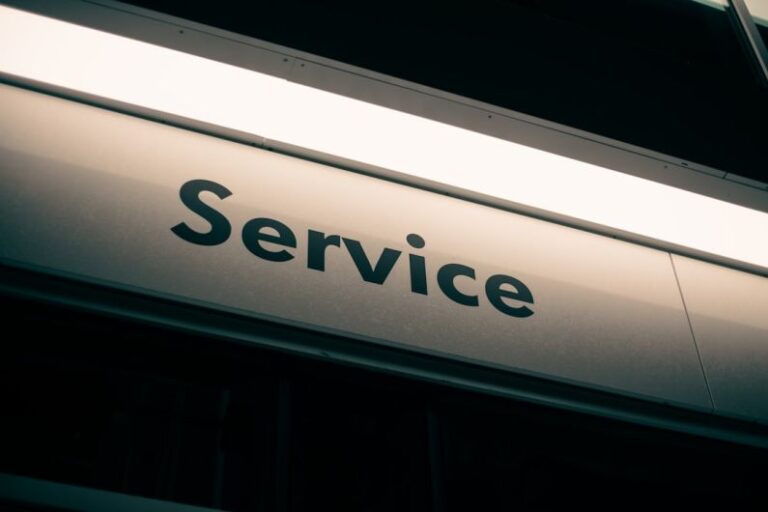
In the business world, effective communication with clients is essential for building strong relationships, fostering trust, and ultimately achieving success. Clear and concise communication not only helps in understanding the client’s needs and expectations but also plays a vital role in managing any potential issues that may arise. To excel in client communication, one must hone their skills and adopt strategies that ensure a smooth and productive interaction. Here are some key tips on how to communicate effectively with clients.
Understanding the Client’s Perspective
Before diving into any conversation with a client, it’s crucial to put yourself in their shoes and understand their perspective. Take the time to research and familiarize yourself with their business, industry, and any specific challenges they may be facing. This will not only demonstrate your commitment and interest but also enable you to tailor your communication to address their unique needs effectively. By showing empathy and understanding, you can build a strong foundation for a positive client relationship.
Listening and Empathizing
Effective communication is a two-way street, and listening plays a significant role in this process. Actively listen to your clients, paying attention to their concerns, feedback, and expectations. Avoid interrupting and instead, give them the space to express themselves fully. Empathize with their situation and show genuine interest in finding solutions to their challenges. By demonstrating empathy and understanding, you can create a more meaningful connection with your clients and establish trust.
Clarity and Conciseness
When communicating with clients, clarity and conciseness are key. Avoid using jargon or technical language that may confuse or overwhelm the client. Instead, strive to convey your message in simple and straightforward terms that are easy to understand. Be concise in your communication, getting to the point quickly and avoiding unnecessary details. This will not only help in keeping the conversation focused but also enhance the client’s comprehension of the information being shared.
Setting Clear Expectations
Setting clear expectations is vital in client communication to avoid misunderstandings and ensure alignment on goals and deliverables. Clearly outline what the client can expect from your services, including timelines, costs, and any potential challenges that may arise. Be transparent about your capabilities and limitations, and always strive to underpromise and overdeliver. By setting clear expectations from the beginning, you can establish a solid foundation for a successful client relationship.
Regular Updates and Feedback
Maintaining open lines of communication with clients is essential throughout the duration of your engagement. Provide regular updates on project progress, milestones achieved, and any challenges encountered. Seek feedback from the client on your performance and be open to constructive criticism. By fostering a culture of open communication, you can address any issues promptly, make necessary adjustments, and ensure client satisfaction. Regular communication also helps in building trust and demonstrating your commitment to delivering exceptional service.
Adaptability and Flexibility
Every client is unique, and their communication preferences may vary. Some clients may prefer frequent updates and detailed reports, while others may prefer a hands-off approach. It’s essential to be adaptable and flexible in your communication style to accommodate the client’s preferences. Take the time to understand how the client likes to communicate, whether it’s through email, phone calls, or in-person meetings, and adjust your approach accordingly. By being flexible and adaptable, you can create a more personalized experience for the client and strengthen your relationship.
Building Rapport and Trust
Effective communication is not just about delivering information; it’s also about building rapport and trust with your clients. Show genuine interest in their business, ask thoughtful questions, and engage in meaningful conversations beyond the scope of your services. Building a personal connection with the client can go a long way in fostering loyalty and long-term partnerships. Be authentic, trustworthy, and reliable in your interactions, and always follow through on your commitments. By building rapport and trust, you can create a solid foundation for a successful and enduring client relationship.
In conclusion, effective communication with clients is a fundamental skill that can set you apart in the business world. By understanding the client’s perspective, listening actively, communicating clearly, setting clear expectations, providing regular updates, being adaptable, and building rapport, you can enhance your client communication skills and achieve better outcomes. Remember, communication is not just about what you say but also how you say it and the relationship you build with your clients. By mastering the art of effective communication, you can create lasting partnerships, drive business growth, and achieve success in your endeavors.





